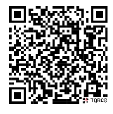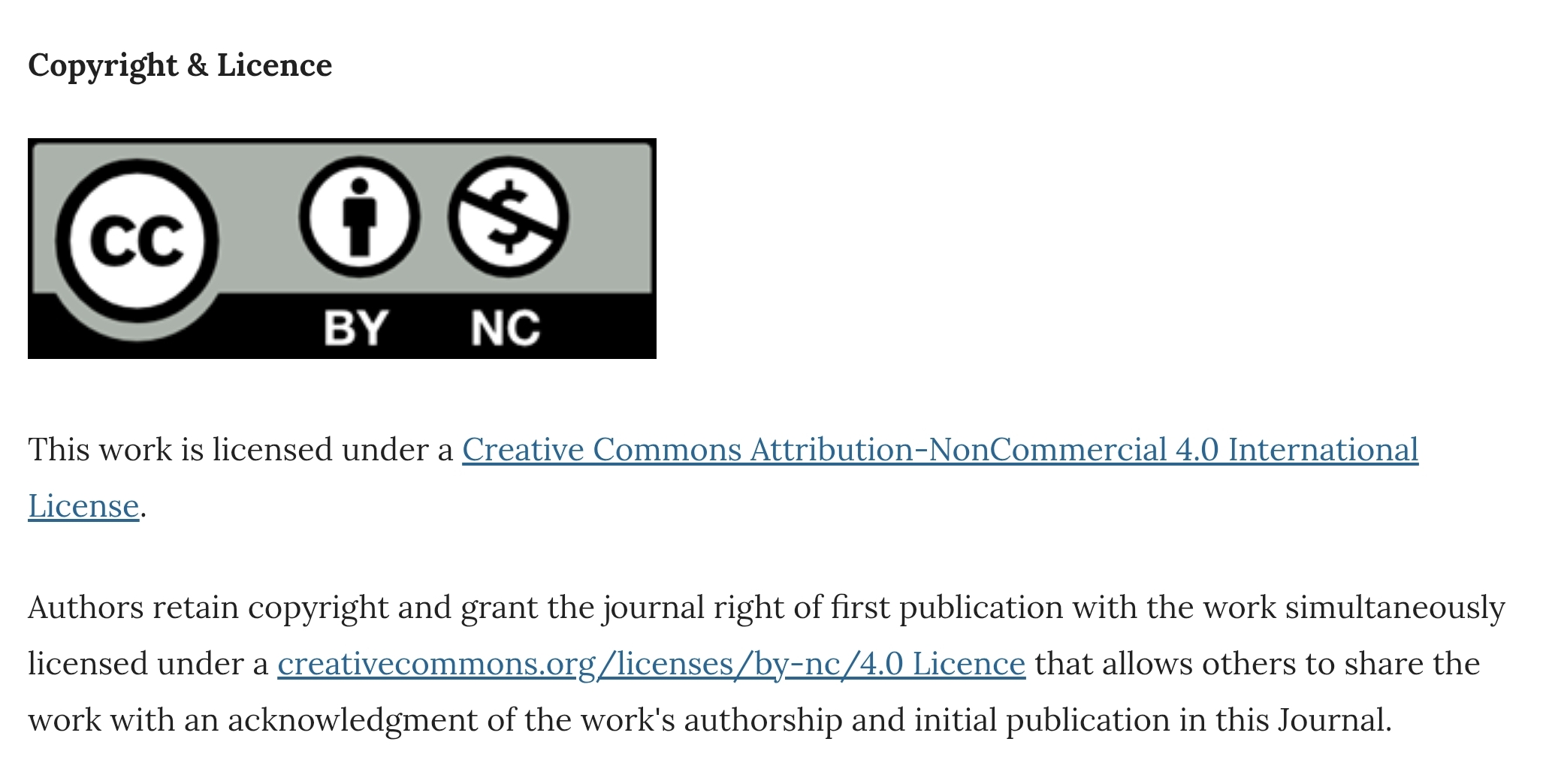LETTER TO THE EDITOR
|
|
Access the article online: https://kjponline.com/index.php/kjp/article/view/597 doi:10.30834/KJP.38.2.2025.597 Received on: 03/11/2025 Accepted on: 13/11/2025 Web Published: 15/11/2025 |
LETTER TO THE EDITOR IN RESPONSE TO "THE WEIGHT BENEATH THE WHITE COAT: PROFESSIONAL STRESS, HELP-SEEKING BARRIERS, AND THE HIDDEN GRIEF OF DOCTORS"
Walker F1, Walker G2*
1. Psychiatry Core Trainee, NHS Scotland, 2. Psychiatry Registrar, NHS Scotland/ Clinical Lecturer in Child and Adolescent Psychiatry, University of Glasgow
*Corresponding Author: Psychiatry Registrar, NHS Scotland/ Clinical Lecturer in Child and Adolescent Psychiatry, University of Glasgow
Email: Graham.Walker@glasgow.ac.uk
Dear Editor,
We write as psychiatry trainees working in Scotland in response to Kishore, Shaji & Mathew’s thought-provoking piece titled ‘The Weight Beneath the White Coat: Professional Stress, Help-Seeking Barriers, and the Hidden Grief of Doctors’.1 The article successfully draws attention to the important issue of burnout within the medical profession, which we agree is largely unspoken and requires greater scrutiny. We write to reflect on some of the points raised from the perspective of current psychiatry trainees.
The idea of always being ‘on call’ as discussed in the paper is something that resonates strongly with us. As medical professionals, we commonly experience being asked informal medical questions by friends and family. This sense of social responsibility as part of the ‘doctor role’ can lead to ethical dilemmas and a fear of making mistakes.2 Both authors have worked in a rural psychiatry placement as part of our training, living in hospital accommodation on the ward grounds at a considerable distance from home. While these placements can offer rich clinical experience, they can blur the boundary between work and leisure. Encountering patients in a rural community, outside of the clinical space, can complicate the work/life separation and heighten emotional fatigue.
One mechanism within psychiatry training that addresses many of the authors’ listed barriers to help-seeking is regular supervision with a Consultant Supervisor. By having this protected time weekly, it allows for discussion of clinical challenges and, more importantly, space to discuss the emotional and relational challenges of everyday practice. Supervision can normalise several of the feelings discussed by Kishore et al, such as the fears of appearing weak and burdening others. It can allow us to frame this as professional growth rather than individual weakness.
During Foundation Training, we observed that some other specialties, particularly in our experience on surgical rotations, can feel more stoical and hierarchical. We can recall brief ward interactions on surgical ward rounds where senior clinicians did not introduce themselves or ask for our names, creating an atmosphere where asking for help could feel daunting and intimidating. These interactions can unintentionally discourage reflection and reinforce feelings of vulnerability.
We question why structured reflective supervision remains comparatively less prominent and relatively non-existent in some specialties.
Balint Groups are another element of psychiatric training that supports emotional processing and helps manage issues such as professional burnout. These facilitated, confidential sessions provide a space to explore the doctor-patient relationship and the clinician’s emotional response in challenging situations.3 We can think of multiple Foundation Year scenarios where space for reflection would have supported both our learning and professional wellbeing. In summary, we welcome Kishore et al’s key message to normalise the conversations around professional stress, barriers to help-seeking,and promoting space for resilience. Our experience from psychiatry training is that regular Consultant supervision and participation in Balint Group are both strategies that foster resilience and allow for discussion of challenging issues that arise. We believe other specialties could adopt elements of psychiatry’s reflective framework to address he challenges associated with working as doctors.
Conflict of interest: None.
Declaration regarding the use of generative AI: The authors attest that there was no use of generative artificial intelligence (AI) technology in the generation of text, figures, or other informational content of this manuscript.
REFERENCES
-
Arun Kishore NR, Shaji KS, Mathew J. The Weight Beneath the White Coat: Professional Stress, Help-Seeking Barriers, and the Hidden Grief of Doctors. Kerala Journal of Psychiatry. 2025 Sep 15. [Link]
-
Giroldi E, Freeth R, Hanssen M, Muris JW, Kay M, Cals JW. Family physicians managing medical requests from family and friends. The Annals of Family Medicine. 2018 Jan 1; 16(1):45-51. DOI: 10.1370/afm.2152
-
Yazdankhahfard M, Haghani F, Omid A. The Balint group and its application in medical education: A systematic review. Journal of education and health promotion. 2019 Jan 1; 8(1):124. DOI: 10.4103/jehp.jehp_423_18
|
Please cite the article as: Walker F, Walker G. Letter to the editor in response to "The Weight Beneath the White Coat: Professional Stress, Help-Seeking Barriers, and the Hidden Grief of Doctors".Kerala Journal of Psychiatry 2025; 38(2): 164-5. |








